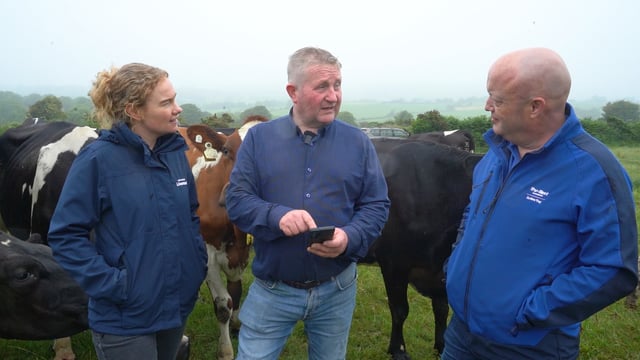Pig heart successfully used for first time in human transplant
A genetically-modified pig heart has been successfully used for the first time in a human transplant surgery in the United States (US).
In a "breakthrough surgery" at the University of Maryland Medical Centre (UMMC), a 57-year-old man with terminal heart disease received the successful transplant.
David Bennett, who lives in Maryland, is said to be doing well three days after the procedure.
Bennett will be carefully monitored over the coming days and weeks to determine whether the transplant provides lifesaving benefits.
Following a review of his medical records, he had been deemed ineligible for a conventional heart transplant and this was the only life-saving option available.
In a statement, the University of Maryland Medicine said that "this organ transplant demonstrated for the first time that a genetically-modified animal heart can function like a human heart without immediate rejection by the body".
The US Food and Drug Administration granted permission for the procedure on New Year's Eve.
This is required when an experimental medical product, in this case the genetically-modified pig’s heart, is the only option available for a patient faced with a serious or life-threatening medical condition.
“We are proceeding cautiously, but we are also optimistic that this first-in-the-world surgery will provide an important new option for patients in the future.”
About 110,000 Americans are currently waiting for an organ transplant; over 6,000 patients die each year before getting one.






